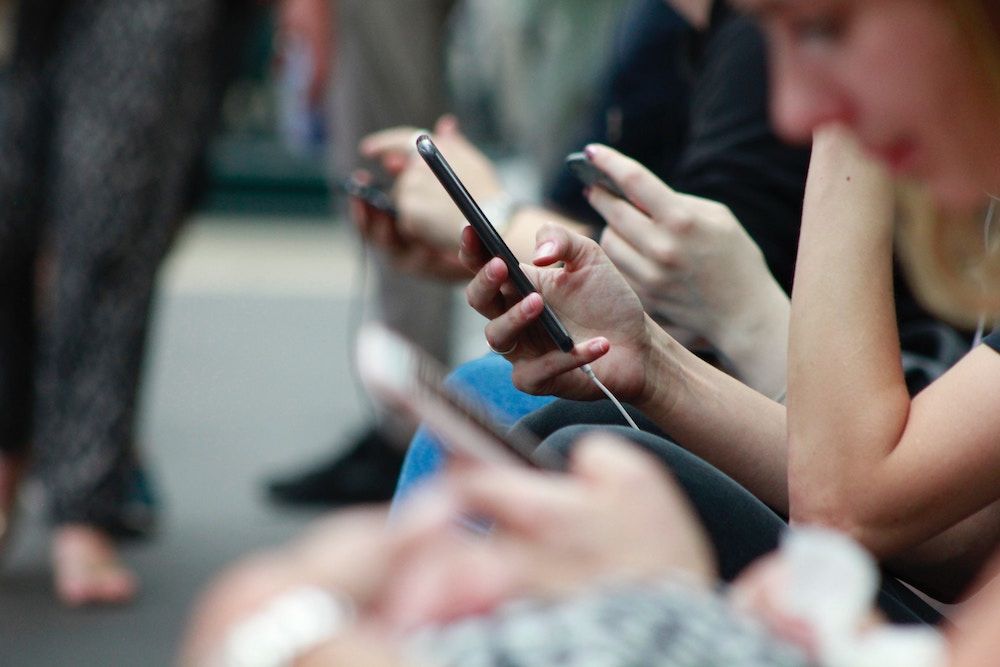The Loneliness Epidemic: Why Do We Feel So Lonely?
updated on Dec 6, 2019

More and more of us are reporting feelings of loneliness at all ages. With so many new ways to connect with each other, why are we feeling lonelier than ever?
We’re facing a problem like never before. Despite greater interconnectivity than any other previous generation has had thanks to the rise of social media, online communities, and new technical wonders, more and more of us are reporting feelings of loneliness and disconnect from the world around us.
In 2018, the world’s largest survey on loneliness revealed 16 to 24-year-olds are the most likely to be lonely. The BBC Loneliness Experiment surveyed 55,000 people, revealed 40% of young people within this age bracket felt lonely often or very often.
Just a few short months later, the Office for National Statistics (ONS) revealed one in seven children aged 11 feel lonely, with nearly one in five children living in cities reporting feeling lonely often.
We reach for our phones when we feel the need to connect, and get met with an instant hit of something... We have connectivity but little community
Yet another report released in mid-2019 went on to reveal the increased risk of loneliness for people from Black, Asian, Minority and Ethnic (BAME) backgrounds, thanks to a higher likelihood of encountering discrimination, barriers, and stigma.
Discovering how we can overcome our feelings of loneliness can feel like an insurmountable step. While each of us will encounter periods of loneliness throughout our lifetimes, many of us encounter feelings of shame. Counsellor Sophie Spiegler explains
“We live in a world where communication methods can link you 24/7 with almost anyone, anytime, on a vast number of platforms. Technology rules our lives. Our opportunities to speak with humans and have human contact disappear by the day.
“We reach for our phones when we feel the need to connect, and get met with an instant hit of something. But we miss out big time with this way of being. We have connectivity but little community. Communication but little real connection.

“Everyone is talking, but hardly anyone is being heard. We may feel the yearning to connect with another in a deeper and more meaningful way, yet feel paralysed to reach out, ashamed of our need for human connectedness. Our society places value on ‘independence’, the martyr that can ‘do it all themselves’, and the ‘selfless person’ who takes nothing for themselves.
“But human connection, attention, and (inter)dependence are all basic human needs, as much as water, food, and air. We all have needs. Connection - to be seen, heard, loved, empathised with, cared for, supported, challenged, or even just to be with another, is integral to our sense of self, our ability to feel like we even exist sometimes.
If you feel lonely right now, I urge you to tune into the desire to connect, no matter how small it is
“If you feel lonely right now, I urge you to tune into the desire to connect, no matter how small it is, to acknowledge but let go of the shaming words for just long enough to reach out and ask for what you need. For human contact, right now.”
Reaching out and connecting with others can be the first step towards feeling like we are not alone. When we are lost in the depths of our loneliness, it can feel impossible; how can others possibly understand just how alone, how dark, how paralysing and all-consuming that loneliness can feel?
Yet through hearing other people's experiences, through reading about how they have visited those same dark places and come out from the other side of it, stronger and happier than before, we too can rediscover our hope for overcoming our feelings of loneliness.
Where you can find help
If you or someone you care about have been feeling lonely and are concerned that these feelings may be developing into something deeper, there are places you can go to find out more information, find help and support.
Visit Counselling Directory to discover more about loneliness or to find an accredited, therapist near you with experience helping support and guide others through feelings of loneliness.
Discover how reading can help halt the loneliness epidemic, or find out more about how you can overcome your fear of loneliness.

